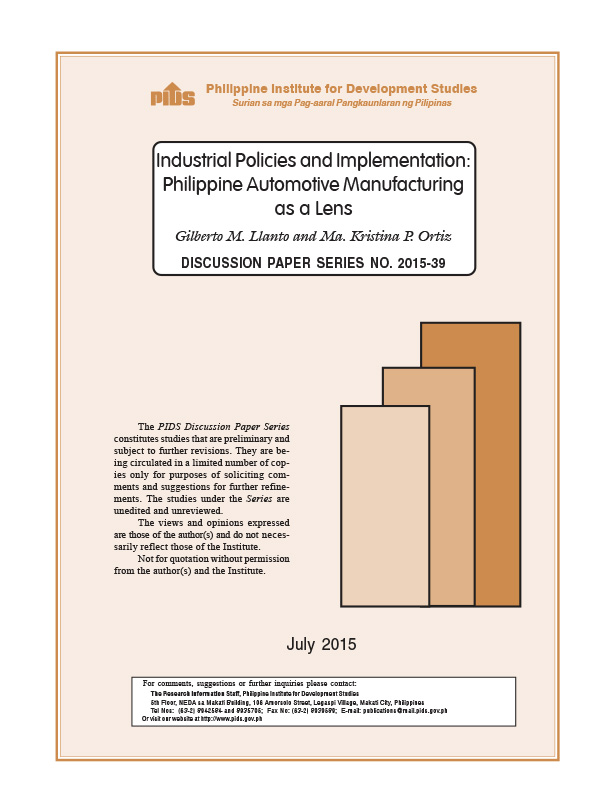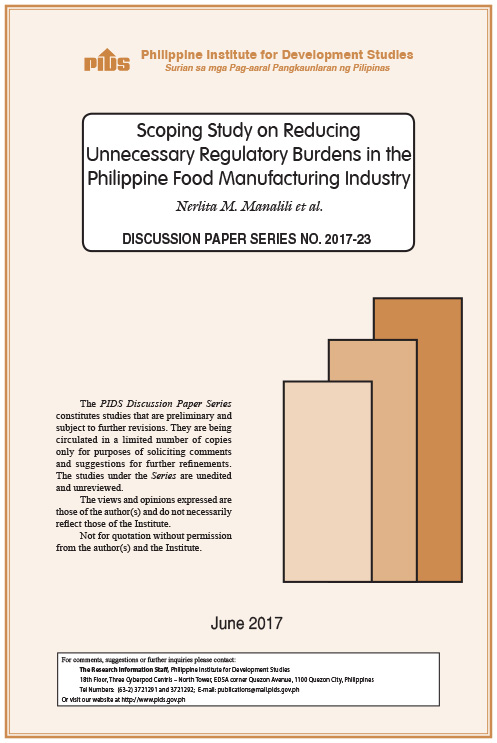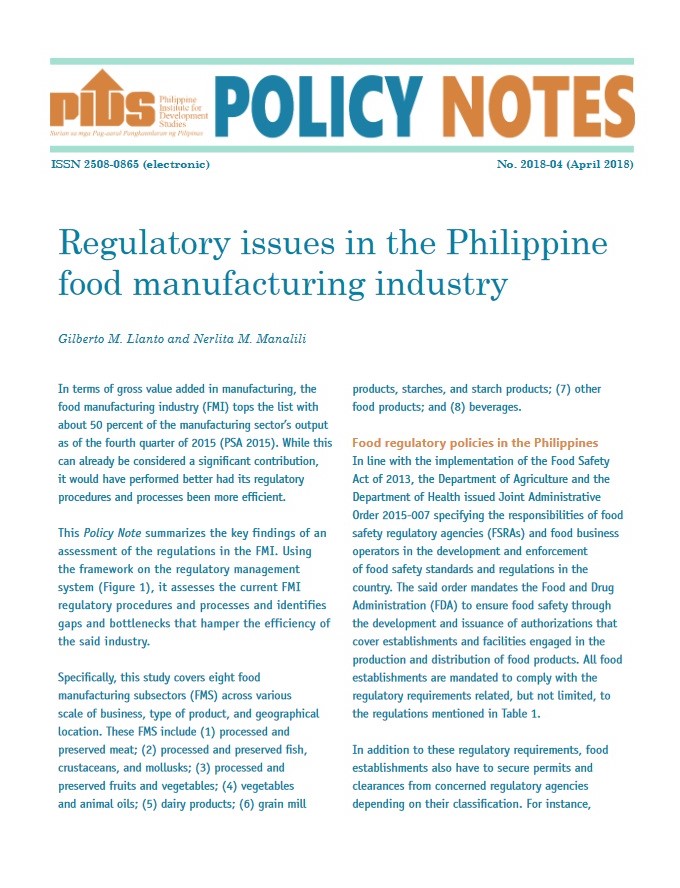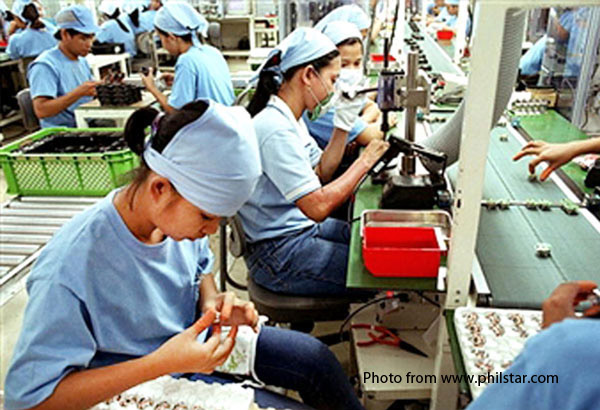The Philippines’ factory output jumped by 16.3 percent in September, the fastest recorded since May, due to the three-digit increases in the production of chemical products and furniture and fixtures. According to the latest Monthly Integrated Survey of Selected Industries, manufacturing output in September grew faster than the 9.8 percent growth recorded in the same period last year. The expansion in the volume of production for the said month was supported by the jump in chemical products and furniture and fixtures, which registered growths of 173.3 percent and 167.9 percent, respectively. Other major sectors that contributed to the growth with two-digit hikes were leather products (43 percent), tobacco products (34.4 percent), basic metals (21.8 percent), wood and wood products (13.3 percent), publishing and printing (11.4 percent), and rubber and plastic products (10.1 percent). On a monthly comparison, manufacturing output also saw an increase of 5.3 percent with growth supported by leather products, machinery except electrical, miscellaneous manufactures, chemical products, and electrical machinery. The average capacity utilization in September for total manufacturing stood at 83.5 percent. More than half of the 20 major sectors were running at 80 percent or more of their capacity. These are petroleum products, basic metals, non-metallic mineral products, machinery except electrical, food manufacturing, electrical machinery, paper and paper products, chemical products, rubber and plastic products, wood and wood products, and publishing and printing. Based on the NSO labor force survey for July 2013, the manufacturing sector employed 3.14 million Filipinos or 8.2 percent of the 38.18 million working individuals in the Philippines. The Philippine Institute for Development Studies earlier said that there is a need to beef up manufacturing for economic growth to be inclusive. "If you want economic growth to be inclusive, we should not rely on the services sector alone,” PIDS Senior Research Fellow and Acting Vice-President Rafaelita Aldaba said. "We can create more quality jobs in the manufacturing sector,” she added.
Related Posts
Publications
Press Releases
Video Highlights
[No related items]
Infographics
[No related items]





